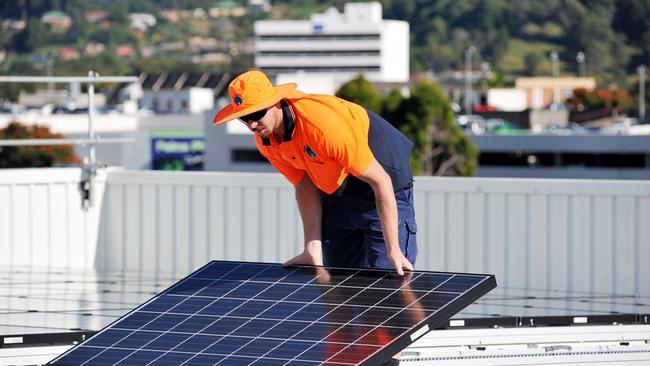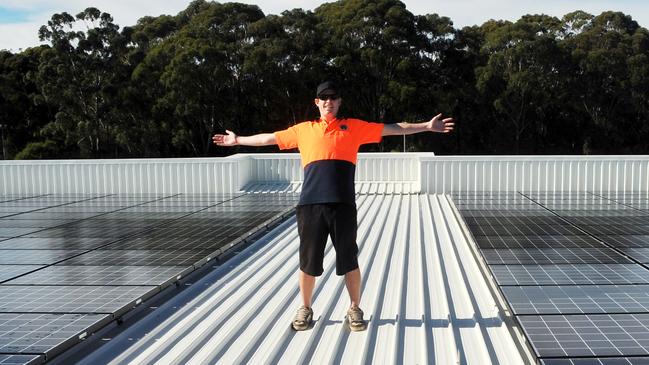Landfill throws up net-zero emissions challenge for Coffs Harbour City Council
Bold net-zero emissions goal split in two as rubbish contract proves to be a double edged sword
Coffs Harbour
Don't miss out on the headlines from Coffs Harbour. Followed categories will be added to My News.
Coffs Harbour City Council can still achieve its bold goal of net-zero emissions by 2030, as long as its second biggest producer of carbon emissions is excluded – landfill.
That’s according to a review into Council’s renewable energy and emissions reduction targets which were adopted in 2016.
While Council fell short of those initial targets, the revised version of the Renewable Energy and Emission Reduction Plan goes a step further in plotting a path to net zero emissions, albeit with a smelly caveat.
The reports recommends a separate target of 2033 for net zero emissions from landfill.

Council’s landfill operations produced 16,289 tonnes of greenhouse gas emissions in the 2019/20 financial year. That amounts to 42 per cent of its total emissions, just one per cent shy of electricity consumption.
In a strange twist, the Biomass Solutions’ Mixed Waste Organic Output program, itself at the centre of a regional waste controversy, is credited with achieving “significant” emissions reductions while at the same time presenting a stumbling block for further reductions.
The report states that given the current contractual arrangements which run until 2027 there is “limited opportunity” to make further reductions.
“To meet the target of net zero landfill emissions by 2033, Council will need to further step up their waste diversion to achieve zero landfill,” the report states.
“Waste to energy currently presents one of the main opportunities to achieve this and should be part of the conversation when planning for waste after 2027.”

Aside from the challenges in the waste sector, the report indicates achieving net-zero emissions across council’s other sectors is possible by transitioning to zero-emissions electricity generation and the electrification of council’s fleet.
If implemented, the plan would reduce more than 150,000 tonnes of GHG emissions through energy efficiency, renewable electricity generation, reduced fuel use and offsets.
Since the adoption of the REERP in 2016, significant work has been undertaken by Council to meet its targets including the installation of 620.5kW of Solar PV across 13 Council sites since July 2019.
A further 1.72MW of capacity is expected to come online via improvements to five council water and wastewater facilities by the end of the year.
The Revised Renewable Energy and Emission Reduction Plan will be discussed at Thursday’s Coffs Harbour City Council meeting.




